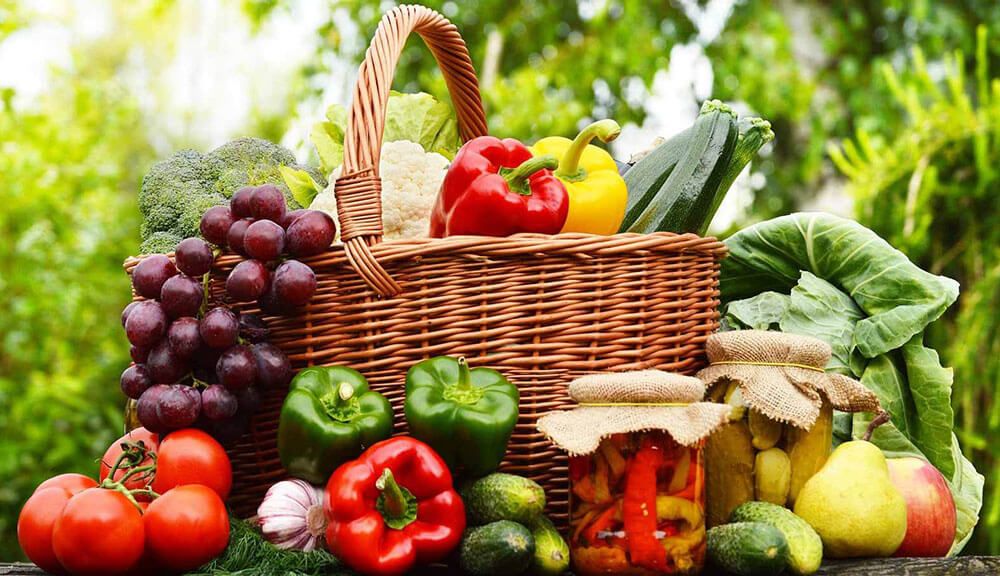The terms of use of the terms "natural" and "natural", "natural" and "natural" in the same meaning, which are included in the Guidelines for Informing the Consumers by the Ministry of Food, Agriculture and Livestock, General Directorate of Food and Control, It contains conditions that can fool the consumer by creating an unprecedented product perception and lead to unfair competition in terms of Organic Agriculture.
The term “NATURAL” according to the “Turkish Food Codex Regulation on Food Labeling and Consumer Information” in accordance with the “Special practices and principles regarding the use of certain terms and expressions in food labels”; It can be used to identify foods that consist of a single ingredient (not subjected to any chemical treatment), other than microbiological, physical, enzymatic processes, algae, fungi, plants, animals, microorganisms or minerals that have not been processed to cause a serious change in their natural components. The manual allows the use of the term “natural” in products such as pasteurized milk, Black tea, UHT Milk and eggs.
According to TDK, “NATURAL”; It offers its natural, natural, spontaneous, non-interfering, artificial counterpart meanings that are in nature, as found in nature, appropriate to nature, complying with nature forces and rules. With the meanings that are more equivalent to the consumer perception, “No Food Produced under Industrial Conditions” is possible to be natural and foods labeled in this direction create the perception and thought of healthy, uninterrupted, even organic or natural products in consumers.
Conceptually, it remains the symbol of food quality (a kind of way for high-quality food), as it relates to organic, especially naturally grown foods. Today, organic products still give the “better” signal to even the most skeptical consumers. The heart of organic meaning lies in the beliefs about natural breeding methods, where consumers generally understand that they are legally regulated (unlike many other claims), that there are no negative issues at the farm level. Organic products also maintain a state that is seen as more carefully made foods that are better compatible with positive values. Compared to organic, it is a broader term that focuses on the perceived "reality" of food and what is done (or not done) after the farm. This distinction is valid regardless of the role of consumers in purchasing and using organic. Consumers describe "natural" foods and beverages more real, simple and whole than their traditional counterparts, and yet, when they see natural claims on the package, most are skeptical and seek verification. Though the thoughts of buying organic food and beverage products are closely tied to the pursuit of higher quality, which has strong ties to health and wellbeing, most of the purchasing barriers we have seen in past years remain today's barriers.
How are they produced?
Unfortunately, the clarity surrounding organic production values is compromised by its own prevalence of organic products, including their presence in the "less healthy" categories. Consumers also find organic alternatives at a more affordable price among natural foods. Therefore, the ability of organic products to distinguish and justify a price premium may be threatened. Despite the potential winds, there is a significant increase for the organic market. Younger consumers, especially millennia, are more likely to be organic buyers, emphasizing ongoing interest and growth in the coming years. Another bright spot lies in the democratization of organics in the retail industry. Consumers organicize retailers in the main market, indicated by purchasing organic food and beverage products at traditional markets and increasing organic private brands.




